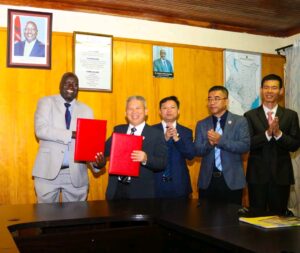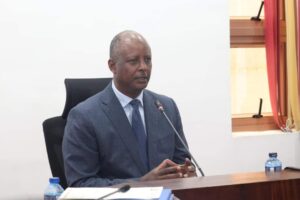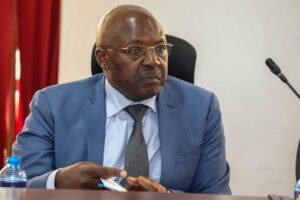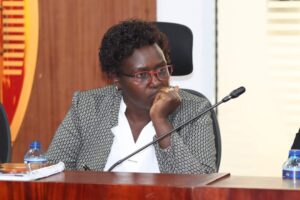African Economic Consortium Advocates Central Digital Currency to Transform Continent’s Financial Landscape

The African Economic Research Consortium (AERC), in conjunction with Canada’s International Development Research Centre (IDRC) and the Overseas Development Institute (ODI), convened a significant side event during the 2024 Annual Meetings of the African Development Bank Group. The focal point of discussion centered around the imperative theme: “Making the Global Financial Architecture Work for African Countries.”
In the face of recurrent global shocks and geopolitical uncertainties, such as the Russia-Ukraine conflict, African economies confront formidable challenges. These encompass restricted access to resources, surging inflation, interest rate escalations, and currency devaluation, all of which have compounded debt obligations and impeded many African nations from accessing international financial markets.
“This session serves as a pivotal platform to address the urgent necessity for reforming the global financial architecture to better uphold African countries. By disseminating evidence-based policy proposals, we aim to cultivate resilience and sustainable growth amidst global shocks,” remarked Prof. Victor Murinde, Executive Director of AERC.
A pivotal solution to these challenges lies in the adoption of a central digital currency, poised to play a transformative role in Africa’s financial architecture and policymaking. Central banks serve as the linchpin of financial ecosystems, and dialogues surrounding the implementation of a central digital currency could prove seminal for Africa’s economic advancement. Such a currency could streamline cross-border transactions, bolster financial inclusion, and fortify the stability of the financial system.
As African economies march forward, the establishment of a secured Digital Single Market by 2030 assumes paramount importance. This market would facilitate the unhindered movement of individuals, services, and capital, enabling seamless engagement in online activities in consonance with the African Continental Free Trade Area (AfCFTA).
Dr. Kathryn Toure, Regional Director of IDRC, underscored, “This event serves as a forum to spotlight innovative practices and policy directions that significantly impact Africa’s economic resilience and development.”
“To propel digital transformation, it is imperative to foster a harmonized environment underpinned by robust policies. This can be accomplished through the establishment of a digital sovereignty fund to bridge the digital infrastructure gap, ensuring accessible, affordable, and secure broadband for all,” she added.
Furthermore, advocating open standards and interoperability for cross-border trust frameworks, personal data protection, and privacy assumes paramount significance. Heightened awareness and mitigation of cybersecurity risks and personal data protection are also imperative.
African countries must take proactive measures in managing and leveraging Country Code Top-Level Domains (ccTLDs), ensuring adherence to international standards in technical and administrative operations. This will engender trust in African domain names, heralding financial, economic, and socio-cultural dividends for the continent.
Moreover, nurturing inclusive digital skills and human capacity across diverse sectors, encompassing digital sciences, judiciary, education, and vocational training, emerges as a linchpin for steering and propelling digital transformation across Africa.




